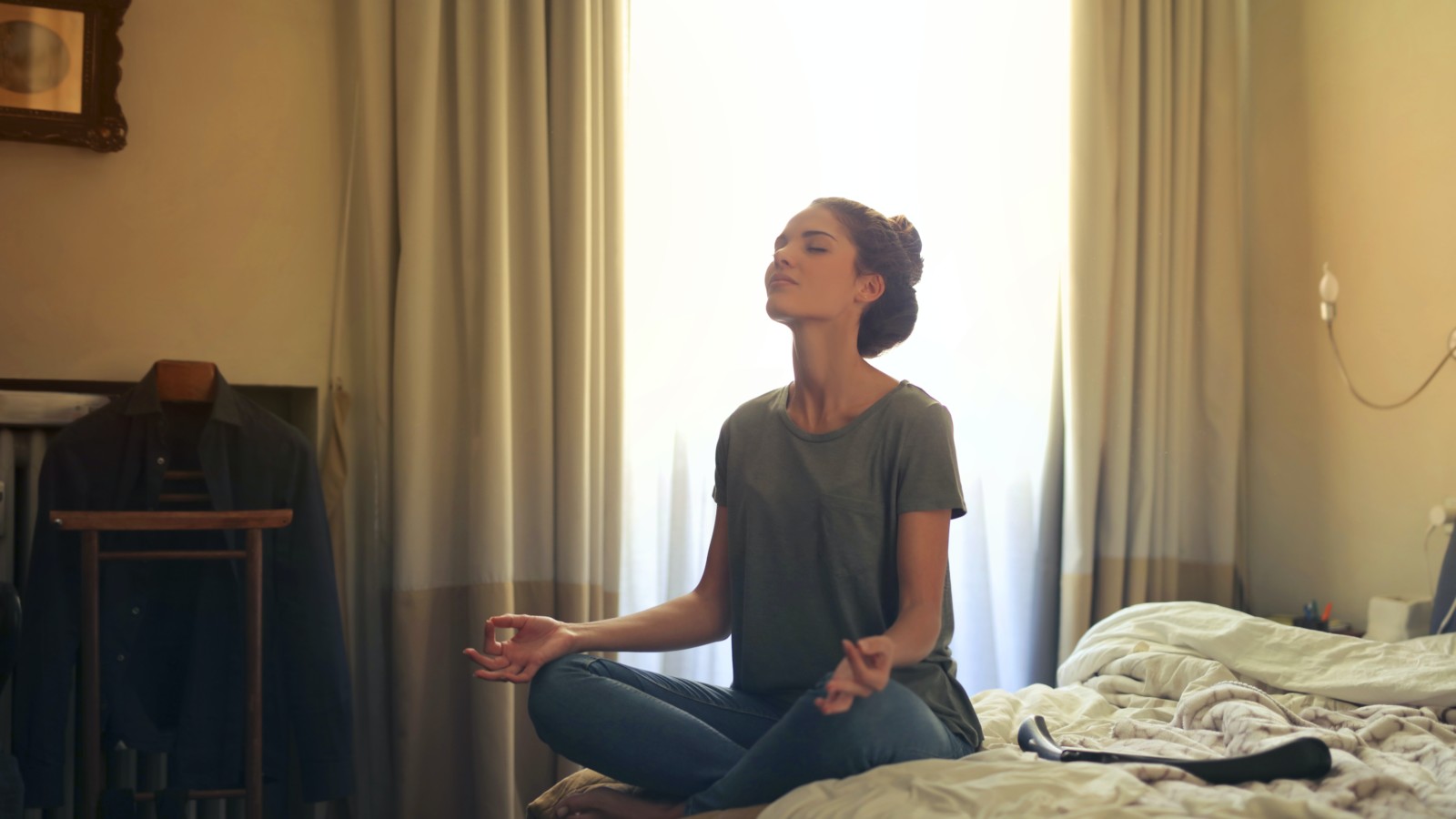According to a study, our generation is the most anxious and nervous generation in history with 50 per cent upsurge in major depression diagnoses since 2014.The pandemic continues to inflict chaos globally, infecting more than 130 million people worldwide. The disease blowout and upsurge in the death toll is basically connected with anxiety, distress, horror, and grief. Social limitations and isolation are other factors which usually increases the jeopardy for mental health complications. The stats had me worried.
I Found A Tool
The rate at which mental health problems are affecting us, are alarming. So, I started looking for ways to build strong emotional resilience. And guess what- I have already found a tool, a kind of habit that will help me stay happy a lifetime — meditation! Yes, it is a logically and scientifically proven method to be more at peace, reduce stress and achieve balance in day-to-day life. Meditation is a tool which can help both your emotional well-being and your overall health.
But I Have A Monkey Mind
I have a monkey mind and to tame a monkey mind is easier said than done! I read several books, articles on internet, tried guided meditation and other various techniques and kind of failed every time. I just couldn’t sit, and my mind used to wander like anything. I usually had those little narratives in my mind like: ‘’I should have gone to the gym instead sitting still like this.” Or ‘’ is this going to do any good to me’’ etc. After many trials and tests, I came up with my own way to instil meditation practice as a daily habit.
I Had A Plan
I created a three- step meditation plan for myself which includes-
Meditation Reminders: I started putting meditation reminders around myself. These reminders could be anything like, my yoga mat or my workout clothes or my alarm clock or those colourful sticky notes on wall so that I can’t afford to miss them whenever I cross them. This way I always ensured that I do not skip my meditation routine.
Adding Variety to My Reminders: I Tried writing new notes or adding interesting changes to make then funny and entertaining so that my brain doesn’t switch to autopilot mode and old habits couldn’t take over again. It really helped me stick to my daily meditation habit to a longer time.
Create ‘’One Breath at a Time’’: I tried a ‘’series of events’’ plan and before every event I intentionally decided to take a deep breath. For example – if doorbell rings, instead of rushing to the door, it is mandatory to take a deep breath before opening the door. Or before starting your workday it is necessary to take a deep breath. This way it becomes as an intentional approach to shift into mindfulness. Similarly, you can also create your own easy series of events to shift into the intentional mindfulness. Each intentional action will strengthen your brain to switch into mindfulness mode.
I haven’t become any perfectionist but yes, this three-step plan has helped me stick to my meditation habit to a great extent. Now at least, I look forward to sitting into my meditation routine. – Exhale for 7 seconds, inhale for 7, hold for 4. In simple words, long exhale, long inhale, and hold! Just focus on your breath. Keep doing this 4-5 times. I still have a lot of scope for improvement but then meditation has become a part of my lifestyle and day by day I have started liking this major change in my life.


